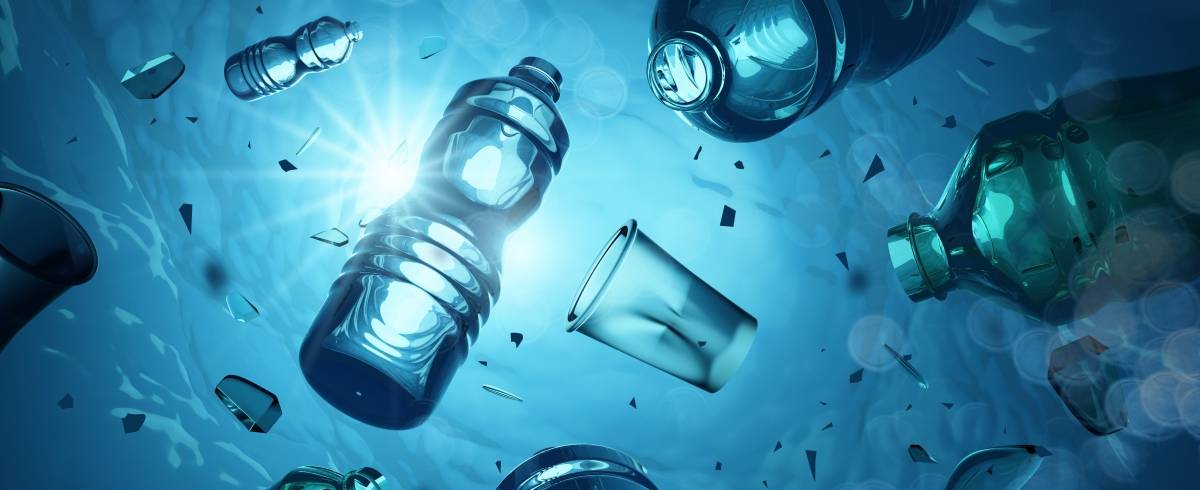Using lab consumables for testing is a key aspect of scientific research, but there are essential considerations to ensure accurate and reliable results. Understanding the specifics of lab consumable in Dubai helps prevent errors and improves the integrity of your experiments. Below are key points to consider before utilizing lab consumables in your testing processes.
Quality and certification:
Before using any lab consumables, it’s important to assess their quality and certification. High-quality consumables are designed to meet industry standards and are often certified by regulatory bodies. Check for certifications such as ISO, CE, or FDA approval, especially for items that come into direct contact with samples, like pipette tips or culture media. Using certified products reduces the risk of contamination and ensures the accuracy of your results.
Compatibility with samples:
Not all consumables are compatible with every sample type. For instance, the choice of plastic versus glass can significantly affect the results, particularly in biochemical assays. Glassware may be preferred for organic solvents, while certain plastics may interact adversely with specific reagents. Before selecting consumables, review your sample requirements and ensure that the chosen items won’t interfere with your testing procedures.
Expiry dates and storage conditions:
Lab consumables often come with expiration dates, particularly reagents, culture media, and certain types of glassware. Using expired consumables can lead to unreliable results or failed experiments. Always check expiry dates and store items according to the manufacturer’s guidelines to maintain their efficacy. Some items may require refrigeration or specific environmental conditions to remain stable, so it’s essential to adhere to these recommendations.
Sterility and contamination risks:
For many tests, particularly in microbiology and molecular biology, sterility is important. Always ensure that consumables, especially those used for culture or assays, are sterile. Check packaging for signs of damage or contamination before use. Utilize aseptic techniques when handling consumables to prevent introducing contaminants that could compromise your results.
Proper handling and disposal:
Understanding how to handle lab consumables safely is essential. For items like pipette tips or culture plates, ensure that you’re following appropriate protocols to minimize contamination risks. Additionally, familiarize yourself with the correct disposal methods for consumables that may be hazardous or biohazardous. Proper disposal adheres to safety regulations and also protects the environment.



